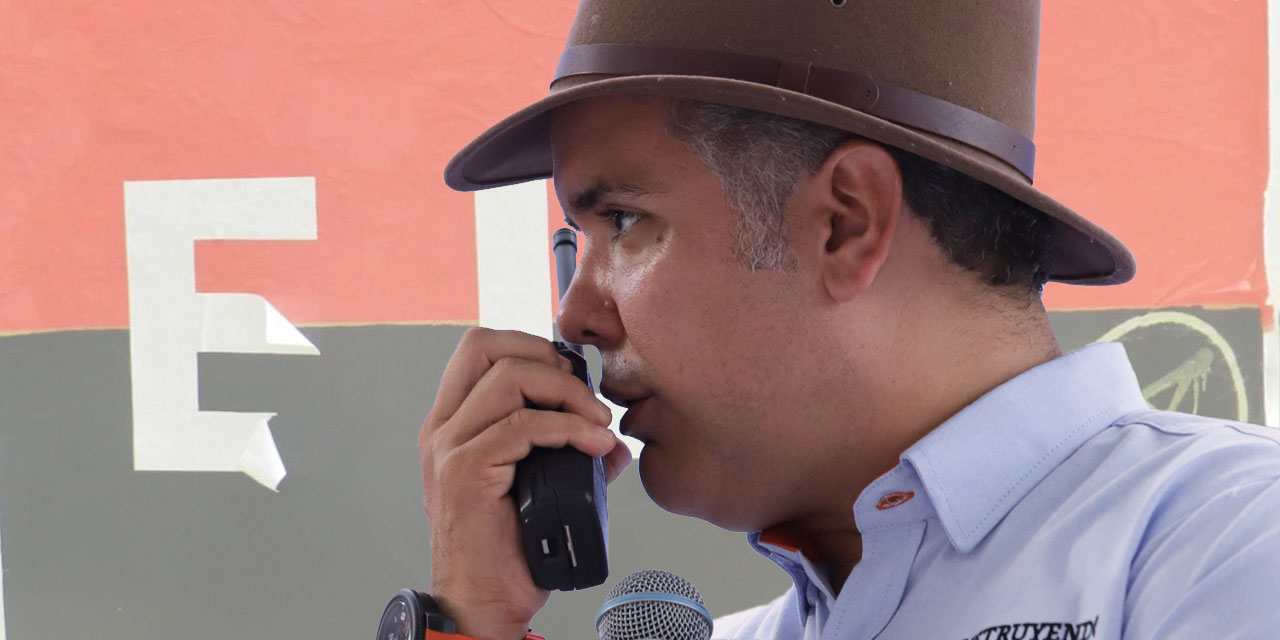Colombia’s President Ivan Duque on Tuesday accused ELN rebels of lacking will to make peace as neither of the warring parties is willing to make concessions.
Duque, who vowed to end the peace talks and resume hostilities ahead of his election in June, blamed the guerrillas for continuing to carry out attacks against security forces and the oil sector.
The ELN has consistently refused to cease hostilities until a bilateral ceasefire is agreed that would also end military offensives targeting the 54-year-old guerrilla group.
A 200-year history lesson on the ELN’s 54-year war with Colombia’s state
The rebels on Monday reiterated their call to resume talks on a bilateral ceasefire that would allow “to lower the intensity of the conflict” that has wreaked terror in ELN strongholds for decades.
We must pass the page of war, we must seek peace with changes. This is the call of the majority of Colombians.
ELN commander “Pablo Beltran”
During the 17 month of talks this organized armed group had with the government of my predecessor, they carried out more than 430 criminal acts, among others, 100 assassinations.
President Ivan Duque
Duque has been under pressure both inside Colombia and abroad to resume the negotiations he suspended when he took office on August 7.
The president wants the guerrillas to unilaterally cease fire and release hostages, a demand deemed “unacceptable” by the ELN, which denies holding hostages after releasing nine last month and has a list of demands of its own.
The guerrillas and the government of former President Juan Manuel Santos agreed to the first ever temporary bilateral ceasefire in the ELN’s history last year, but failed to extend this in January.
Foreign observers and the Catholic Church said the ELN had violated the agreement on multiple occasions. The guerrillas blamed the authorities for the assassination of social leaders, a phenomenon that spiked during the ceasefire.
Returning to war with ELN would put Colombia in ‘grave danger’: think tank
Both Duque and the ELN have been under pressure both from inside Colombia and abroad to negotiate their way out of the armed conflict that has been waging in Colombia since 1964.
Neither party seems to want to make further concessions that would allow a negotiated end of Colombia’s last-standing guerrilla army.



